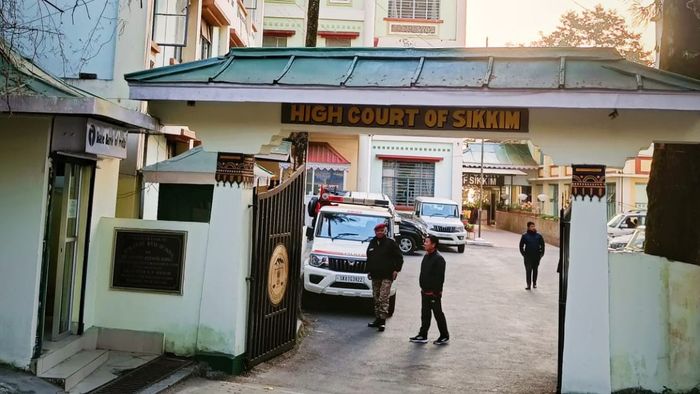Sikkim HC hears PIL on transparency, environmental concerns in Urja Limited
A Public Interest Litigation filed in the Sikkim High Court is challenging the state government's controversial decision to sell majority stakes in Sikkim Urja Limited, unveiling critical concerns about financial transparency and environmental oversight.

- Dec 12, 2024,
- Updated Dec 12, 2024, 7:35 PM IST
A Public Interest Litigation filed in the Sikkim High Court is challenging the state government's controversial decision to sell majority stakes in Sikkim Urja Limited, unveiling critical concerns about financial transparency and environmental oversight.
The PIL, filed by MK Subba, targets the February 3, 2024 cabinet decision to divest 60.08% of Sikkim Urja Limited to Greenko Enterprises Pvt. Ltd. At its core, the lawsuit questions the disinvestment's legitimacy by highlighting significant procedural and environmental red flags.
Key allegations include critical lapses in financial and environmental due diligence. The petitioner argues that the disinvestment proceeded without mandatory statutory audits and comprehensive post-disaster impact assessments following the devastating Glacial Lake Outburst Flood (GLOF) on October 3-4, 2024.
Critical inconsistencies emerged during court proceedings. Despite attempts to implead crucial government agencies like the Comptroller and Auditor General and the Ministry of Forest and Climate Change, the High Court dismissed the petitioner's interlocutory applications.
Legal arguments centre on potential violations of the Companies Act, 2013, which mandates comprehensive auditing of public sector undertakings. "Without such audited accounts, it is impossible to ascertain whether the disinvestment is justified or if the project remains viable,” Subba said.
The petitioner also raised concerns about revenue suppression in the company, advocating for a detailed audit by the CAG. “This step is crucial to ensure transparency and accountability,” the advocate added.
Environmental concerns form another significant dimension of the challenge. According to the petitioner, no Environmental Impact Assessment was conducted post-GLOF, raising questions about the project's safety and sustainability. The lawsuit argues that critical infrastructure damage was systematically overlooked in official assessments.
The Post Disaster Needs Assessment's failure to evaluate Sikkim Urja's infrastructure damage further strengthens the petitioner's argument. The absence of a Detailed Project Report vetted by the Central Water Commission and Central Electricity Authority represents another critical governance gap.
“The absence of a DPR undermines the cabinet’s conclusion about the project’s viability,” the advocate stated.
While the High Court has rejected amendment applications seeking additional investigative directives, the main petition remains active. The court has granted the petitioner an opportunity to file a rejoinder after the vacation period.